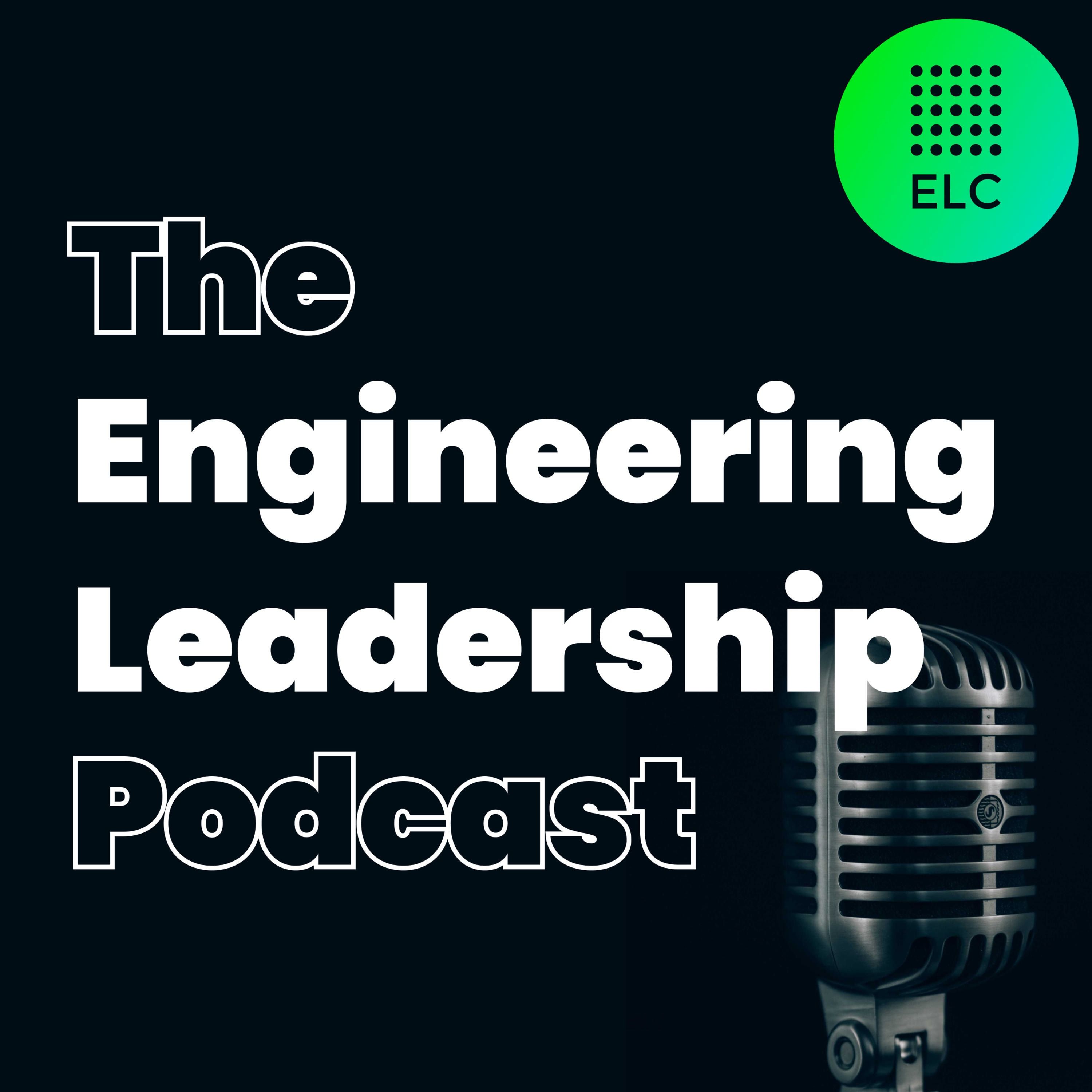
Unconscious patterns of human behavior that hold us back w/ Luther Kitahata #98

The Engineering Leadership Podcast
Shownotes Transcript
We cover how psychology, neuroscience & mindfulness tools can help eng leaders overcome challenges, communicate successfully, and foster a culture of empathy! Our guest is Luther Kitahata, an Innovative Executive Leadership Coach & Interim CTO/VP of Eng – he’s also described by Chip Conley as the “Obi-Wan Kenobi of Silicon Valley.” We also chat about identifying personality types, uncovering unconscious traits/patterns, shifting from the comfort zone to the growth zone, and how to be a transformative leader!
ABOUT LUTHER KITAHATA)
Luther Kitahata is an Executive Leadership Coach known for his expertise in innovation, C-Suite roles leading global organizations, and as an entrepreneur building companies from the ground up. Luther draws on his deep understanding of the patterns that drive human behavior as well as his own corporate leadership experience to provide individuals and organizations with a transformative and pragmatic approach to their most complex challenges. He is described as a "Silicon Valley Obi-Wan Kenobi" in Chip Conley's bestselling book Wisdom at Work.
Luther works with high-growth companies led by senior executives who are committed to their own growth and transformation. Having been a C-level executive himself, he knows their challenges from the inside out. His methodology is designed to uncover hidden strengths and blind spots. He encourages leaders to experiment with new behaviors and actions. This results in transformations at the individual, team, and organizational levels.
Luther draws on his 20+ years as a C-level operating executive, as well as entrepreneurial expertise starting 8 companies, enabling him to bring practical and actionable guidance to his clients. He has grown new teams from 0 to 100+, taken over large existing teams, and successfully handled turnaround situations. Luther also serves as a Fractional CTO or VP of Engineering to fill a recruiting gap; mentor founders growing into their leadership roles; or upgrade product development methodologies to drive agility, maturity, and scalability.
“We make these patterns for ourselves all the time and particularly early in life, we learn patterns of how to navigate the world. The problem is that the modern-day world has a lot of stimulus and input that can throw us into that survival state, that fight flight freeze state very easily. So if you understand that that's what's happening, that we have all these patterns and they're mostly unconscious or barely conscious, then you start to think, ‘Well, okay… What are the patterns that are serving me and what are the patterns that aren't?'"
- Luther Kitahata
Our in-person conference ELC Annual) returns 10/27-28!
Learn from 60+ of the best engineering leaders in the industry / Critical insights on leadership, career and technology / Plus tons of experiences optimized for deep conversations & meaningful connections - all to help you build your support network!
Don't miss out on being part of the biggest celebration of engineering leadership of the year!
Grab your ticket HERE: sfelc.com/annual2022)
SHOW NOTES:
- Luther’s journey from eng leader to executive coach (02:33)
- The relationship dynamics between executive coach & fractional CTO (4:58)
- Using Enneagram results to assess eng leader’s response to challenges (6:16)
- Why you should be self-aware of your personality type (8:54)
- How to coach eng leaders to talk in ways that others will listen (10:58)
- Mindfulness techniques to foster a state of empathy & curiosity (12:32)
- What unconscious traits & patterns hold eng leaders back at work (15:42)
- How to recognize & address unconscious patterns (20:03)
- Tools to help you uncover areas where you experience resistance (21:43)
- Overcoming unconscious patterns by identifying your tendencies (22:49)
- Shift from the comfort zone to the growth zone (25:28)
- How to transition away from the high-stress zone (27:38)
- Transformative leadership starts with self-awareness & a growth mindset (30:10)
- Rapid fire questions (33:56)
- Luther’s method for tackling to-do lists with tools like Trello (35:51)
- Rapid fire questions continued (38:38)